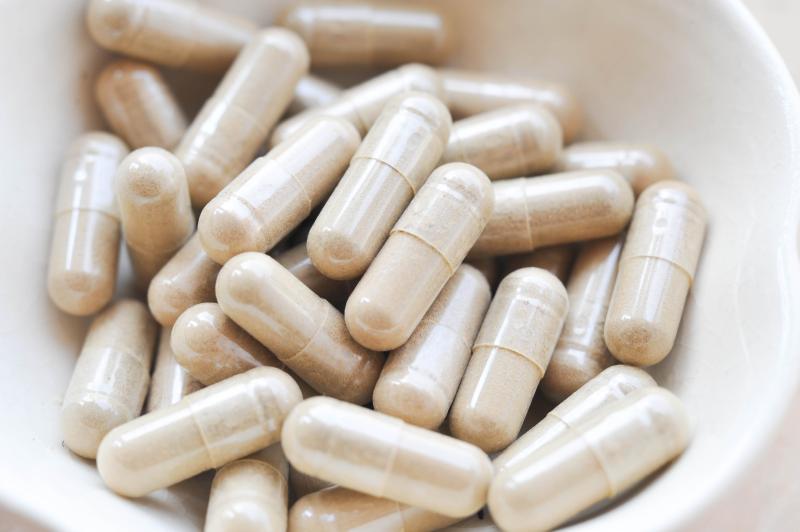
Supplementation with probiotics may have positive effects in patients with type 2 diabetes mellitus (T2DM), reports a recent meta-analysis.
Researchers retrieved 32 randomized controlled trials from the online databases of CENTRAL, Embase, and Medline. For eligibility, probiotics pertained to pharmaceutical formulations or dairy products administered to patients.
Pooled analysis of 21 trials showed that probiotics were able to significantly reduce total cholesterol levels In T2DM patients, resulting in a mean difference of –10.06 mg/dL (95 percent confidence interval [CI], –15,94 to –4.18; p=0.001). Heterogeneity was significant (p<0.001). Moreover, researchers saw that the effect of probiotics was significant only in those with ≤8 weeks of treatment (p=0.005); no such effect was documented for durations ≥12 weeks (p=0.105).
Researchers likewise detected statistical signals when studies were analysed according to the number of bacterial strains. Multi-strain administrations led to significant reductions in total cholesterol (mean difference, –11.70 mg/dL; 95 percent CI, –18.60 to –4.79; p=0.001), an effect that was absent in single-strain probiotics (p=0.611).
In addition, probiotics also had a significant suppressive effect on triglyceride levels (mean difference, –17.18 mg/dL; 95 percent CI, –26.17 to –8.19; p<0.001), while increasing high-density lipoproteins (mean difference, 1.62 mg/dL; 95 percent CI, 0.21–3.04; p=0.025). No significant effect was found for low-density lipoprotein levels (p=0.116).
“The practical implication of our study is that probiotic administration as a supportive intervention of type 2 diabetes could be incorporated into diabetes guidelines to beneficially modify cardiometabolic risk factors,” researchers said. “Further studies are needed to investigate the combined effects of the different antidiabetic drugs and probiotic species.”